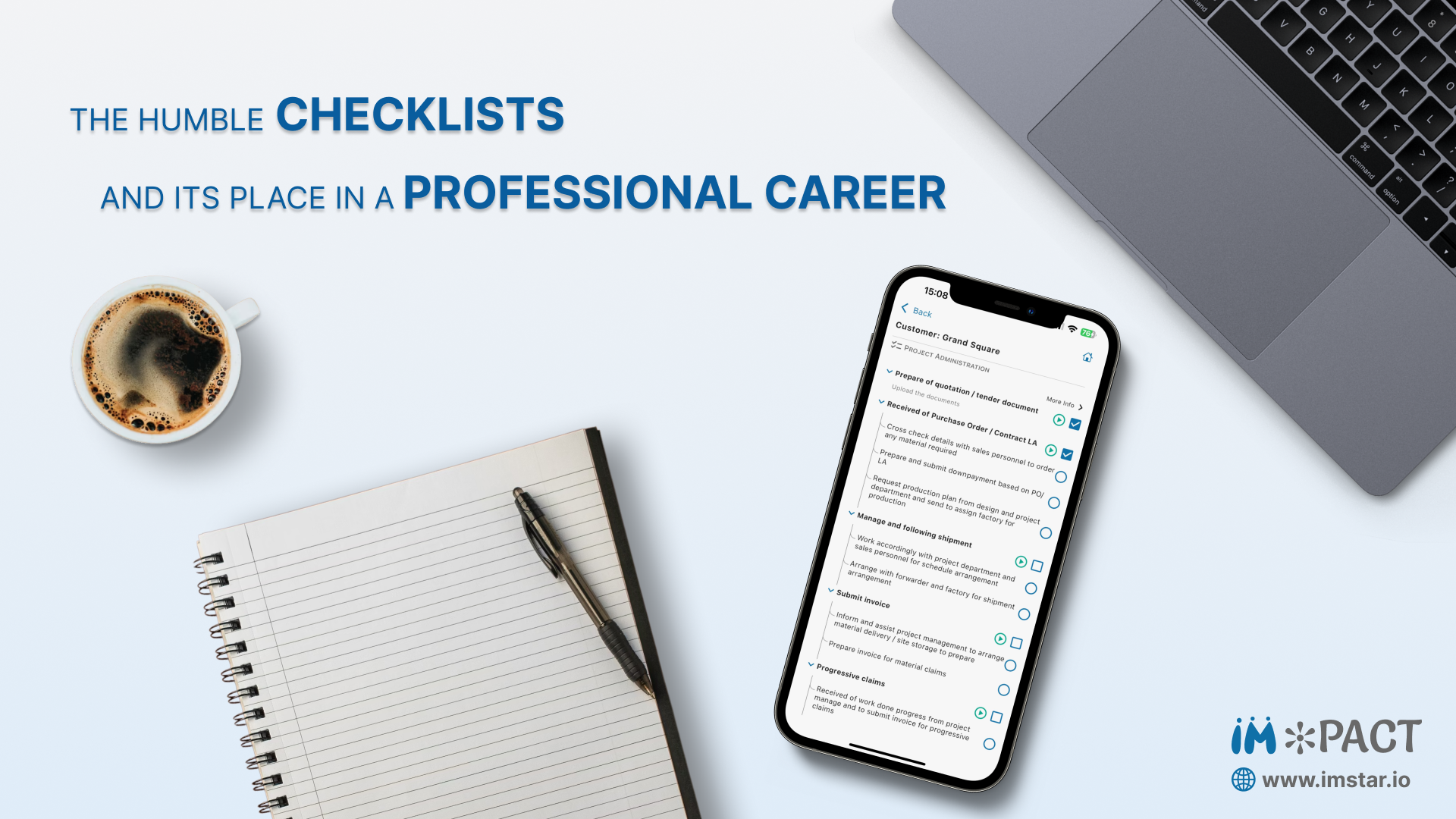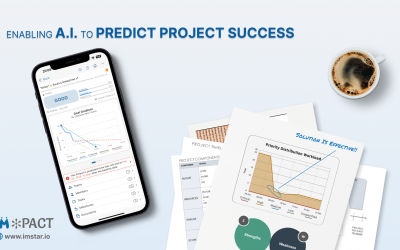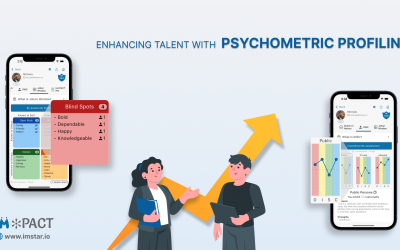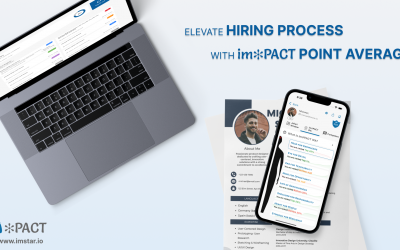The humble checklist and its place in a professional career
Seems a little far-fetched that a humble checklist can save lives.
But that was exactly the result when World Health Organization(WHO) tested a 3-part pre-, during, and post-surgical safety checklists in hospitals around the world. Surgical complications were reduced by a third regardless of whether the hospitals were “poor” or “rich” ones.
It’s such a simple idea. So, why aren’t checklists used more often? Well, maybe we think we are such high-tech, high-skilled professionals that we won’t sully ourselves with such low-brow techniques.
But it’s more likely because we’re so short of time that we are tempted to take a short-cut because of a “nothing really bad will happen, would it?” mindset. In short, we trade someone else’s well-being for our convenience. Dr Awatul Gawande, a surgeon and author of “The Checklist Manifesto”, asserted that checklists build discipline. I’d add that a system of accountability is also needed – this is where our im✻PACT service comes in.
Soft-Skills is in the business of building enterprise software. Without checklists, I guarantee that no software will ever be built properly. Our space is constantly evolving, and tools are forever changing. But the principles of ensuring correctness and quality outcomes remain the same.
We crystalized these principles, gotchas, and best practices & outcomes into a set of checklists that will take a young programmer on a journey toward being a full-stack developer. That process used to take us 18 months. With judicious use of checklists, we have reduced that to 12 months. And we’re well on the way to making it in six.
Is there a secret sauce in our checklists? Well, yes.
We have turbo-charged them with methods of oversight (a maker-checker-checker in bankers’ parlance), inspection & closure, and progress reporting. And we gamified an individual’s sense of achievement to gain social cred.
I believe no one ever wakes up and think, “
today I want to be lousy at what I do.” Every one wants to be impactful, to be respected for a good reputation at who we are and do.
Dr. Gawande absolutely makes it clear that there are 4 aspects of professionalism:
- Expectations of Selflessness – that professionals place the needs of others above their own.
- Expectations of Skill – that professionals strive for excellence.
- Expectations of Trustworthiness – that professionals are accountable for their behavior.
- Expectations of Discipline – that professionals work systematically, correctly, and safely.
And, boy, do we have a solution for you. #BetterEveryDay
#impact #productivity #tasking #quality #checklist #hrtech #gawande





0 Comments